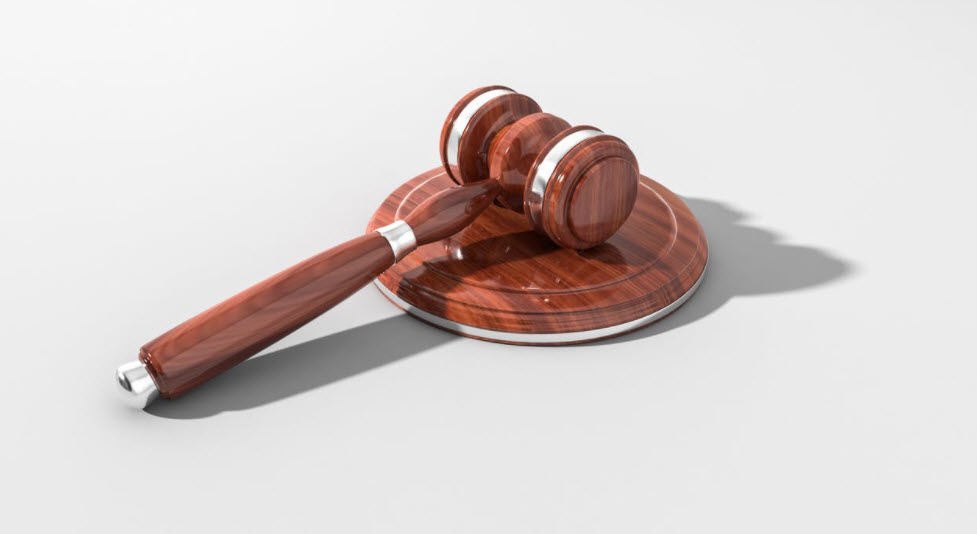
When is a tenant liable as an owner under the federal Superfund law (aka CERCLA)?
Right now, the answer depends on which federal court hears your case. There appears to be a big difference of opinions between the 9th and 2nd Federal Appellate Circuits: the 9th Circuit (California and surrounding states) follows a “common law” standard to determining CERCLA ownership liability (typically looking at whether the tenant exercised operation and control over the land); while the 2nd Circuit (New York, surrounding states, Puerto Rico and the U.S. Virgin Islands) has rejected the common law standard and instead follows a separate “ownership test” (looking beyond just operation or site control and instead focusing on whether the tenant exercised sufficient “attributes of ownership” to be held responsible as the owner). Litigants from New York, which sits in the 2nd Circuit, have asked the U.S. Supreme Court to intervene and resolve this confusion.
First, a bit of background on Superfund liability, that we’ve discussed in earlier posts: there are 4 classes of Superfund “potentially responsible parties” who may be liable for cleanup costs relating to a contaminated site: (i) current owners and operators of a facility; (ii) past owners and operators of a facility; (iii) generators and parties that arranged for the disposal or transport of the hazardous substances; and (iv) transporters of hazardous waste that selected the site to dump the hazardous substances. If a party falls into one of those 4 categories, they may be liable for some or all of the cleanup activities relating to a contaminated site. Notably, “tenant” is not mentioned as a potential responsible party category…
So the question becomes: can a tenant, who is not an owner and not “operating” the facility, but is in effect acting as owner by subleasing the facility to an operator, escape Superfund owner-based liability? This is at the heart of the issue in Next Millenium Realty, LLC et al. v. Adchem Corporation et al.
In a September 25th petition for writ of certiorari, litigants from New York argue that the 2nd Circuit’s “attributes of ownership” test is impractical because there are too many factors to consider and would otherwise allow “a tenant who solely and completely facilitates and controls access to and activities at a property when pollution occurs to escape all liability under CERCLA.” They are asking the U.S. Supreme Court to declare that the 9th Circuit’s “common law” approach, where site control is typically sufficient to attach ownership liability, is better reasoned and in line with the congressional intent of CERCLA.
As the owners of a property in Hicksville (Nassau County), the litigants spent several millions of dollars in site remediation costs under the instruction of the New York State Department of Environmental Conservation. As one might suspect, they want their tenants, who were sublessors that rented the site to various types of businesses that handled hazardous materials over the years, to pay their share of the remediation costs.
In the writ of certiorari, the New York litigants argue that there needs to be consistency across the country when addressing ownership liability under CERCLA. They emphasize that the Congressional intent and purpose of CERCLA is to promote the voluntary cleanup of land by the parties that controlled the site at the time of contamination, and argue that the 2nd Circuit’s approach makes goes against the purpose of CERCLA it by making it more difficult to hold the controlling party responsible for contamination.
Unless the writ of certiorari is granted by the Supreme Court, Plaintiffs and other landowners in New York and other federal circuits will have to continue dealing with the unpredictable rule of CERCLA ownership liability for tenants.
Call the attorneys of Periconi, LLC at 646-733-4487 if you are faced with a CERCLA contribution claim or require legal counsel with issues concerning property contamination.

